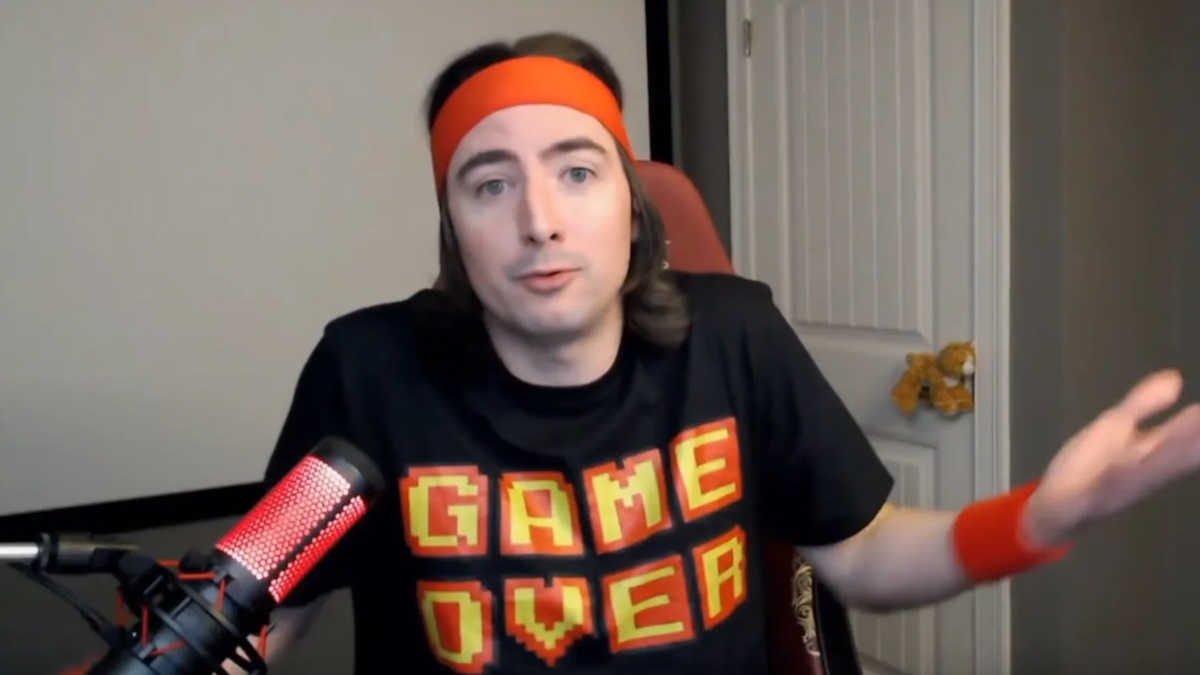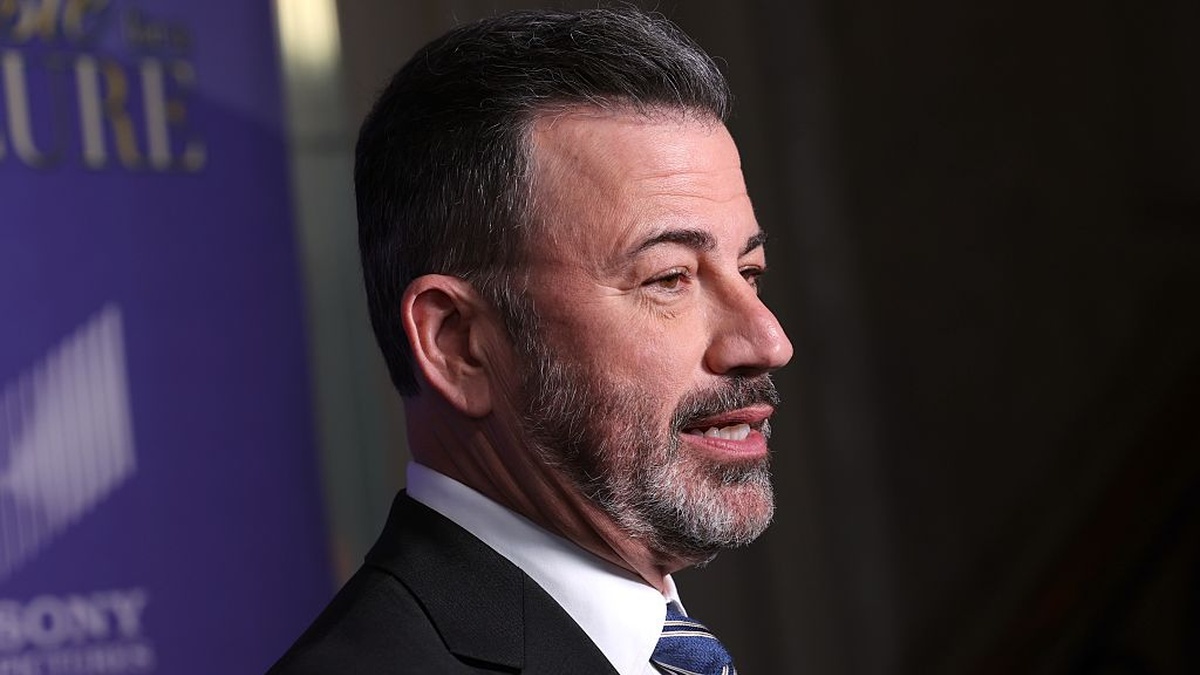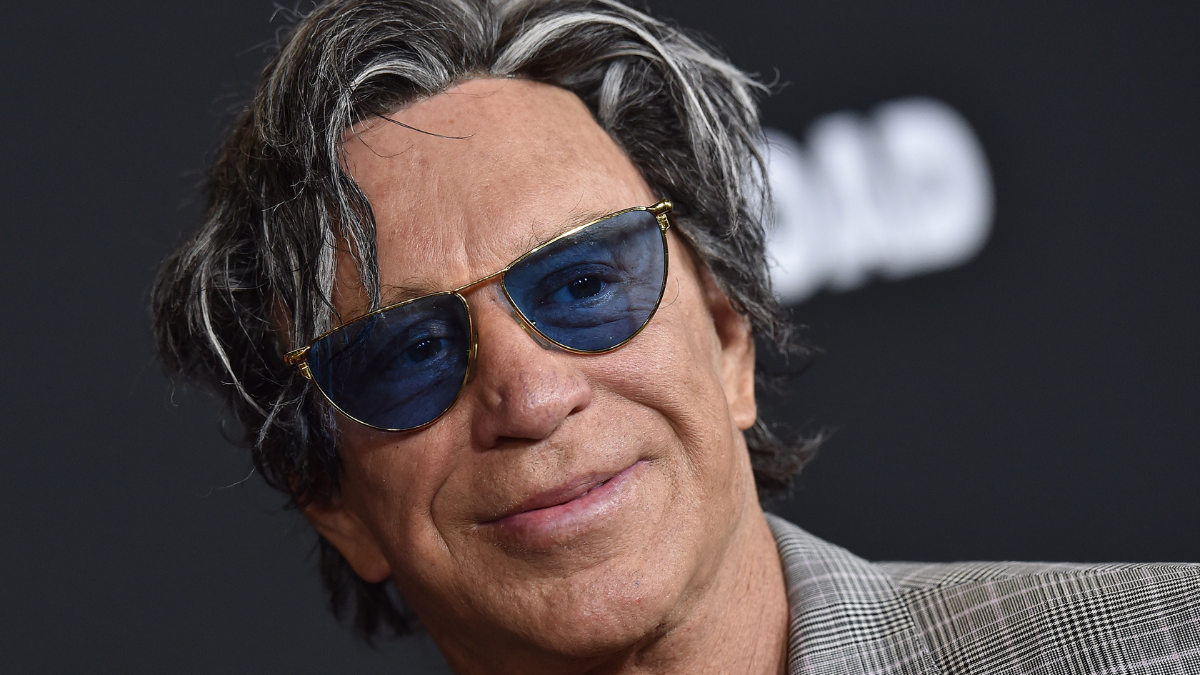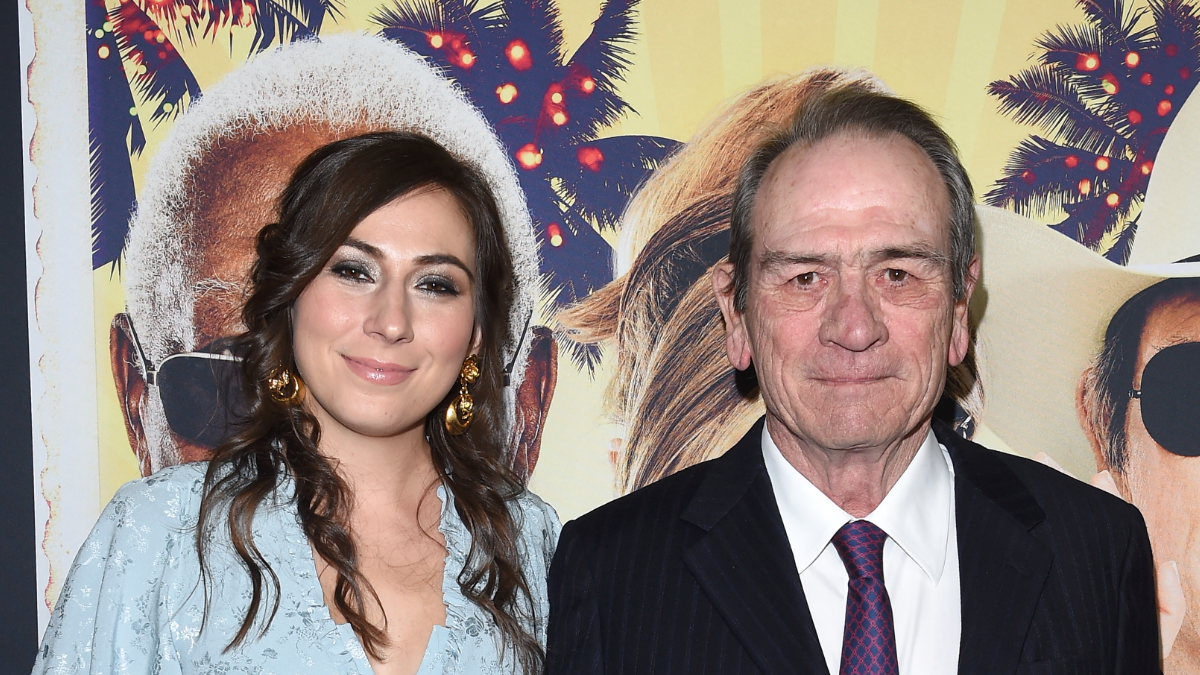Roaring Kitty might sound like a name from a cartoon or a video game, but it’s actually the online alias of Keith Gill, who became famously known during a major financial event involving the stock of a company called GameStop.
Keith Gill is an individual investor who used the username “Roaring Kitty” on various social media platforms, including YouTube and Reddit. He is known for his deep value investment strategy, which involves buying stocks he believes are undervalued by the market. Before becoming famous, he was a financial educator and had some experience in professional financial roles.
What sets him apart is not just his investment choices but his approach and how he shared his insights online. He often used simple language to explain complex financial concepts, making it easier for regular people to understand the stock market.
The GameStop controversy, explained
In 2020 and 2021, GameStop, a video game retailer, became the center of a massive financial event. The company had been struggling, and many professional investors believed that its stock price would continue to fall. These investors bet against the stock—a practice known as “short selling.” Keith Gill, however, saw potential in GameStop and started buying shares and options, betting that the company’s stock would increase.
Gill shared detailed analysis and updates on his GameStop investments under the username u/DeepFuckingValue and through his Roaring Kitty YouTube channel. His initial investment in the company was relatively modest, but as he continued to hold and as the stock price skyrocketed, his portfolio saw gains in the tens of millions of dollars.
As more people on WallStreetBets and other platforms saw Roaring Kitty’s posts, many started buying GameStop stock and options. As the demand for the stock increased, its price began to rise sharply. This rise caused a problem for the professional investors who had bet against the stock: they were losing money. To stop their losses, they had to buy GameStop shares to cover their bets, which pushed the price even higher—a phenomenon known as a “short squeeze.”
This situation led to an extraordinary increase in GameStop’s stock price, which shot up from about $20 at the beginning of January 2021 to nearly $350 by the end of the month. This created huge gains for those who had bought early, like Roaring Kitty, and massive losses for many of the professional investors.
The aftermath
Following the GameStop short squeeze, Keith Gill faced scrutiny from regulators and lawsuits from investors who claimed that he manipulated the market. However, Gill maintained that he had always been transparent about his investment in GameStop and that he was simply sharing his analysis and opinions.
In February 2021, Gill testified before the U.S. House Committee on Financial Services, along with executives from Robinhood, Citadel, and Melvin Capital, to discuss the events surrounding the GameStop short squeeze. During his testimony, Gill reiterated his belief in GameStop’s long-term potential and denied any wrongdoing. However, it is assumed that Gill has secured a comfortable financial status. Roaring Kitty’s David vs. Goliath tale became so popular that a movie, Dumb Money, based on him was released in 2023.
What the Roaring Kitty is up to now?
Now Keith Gill has resurfaced on social media after a prolonged absence. His sudden return, marked by a series of cryptic meme posts on Twitter starting May 12, 2024, has sparked speculation about his intentions and the potential impact on the stock market. This coincides with a significant drop in GameStop’s stock price, which plummeted by more than 39% on June 7, 2024, its worst single-day performance since the height of the short squeeze in February 2021. As a result, Gill finds himself once again under the scrutiny of regulatory bodies. The Massachusetts securities regulator, which had previously investigated Gill’s activities but closed the probe, has announced that it is reopening its inquiry into his trades.
Was his purpose to influence the movement of stock price? Did he, in fact, affect demand for the stock? Will he profit from these activities? These are the kinds of issues a regulator will want to investigate
Richard Schulman, Adler & Stachenfeld
Additionally, the Securities and Exchange Commission (SEC) is reportedly reviewing Gill’s transactions, according to the Wall Street Journal. Is Keith Gill calling his own doom playing 4D chess with everyone? The risks are nontrivial. Should regulators find evidence of impropriety or even unintentional market influence, Gill could face serious repercussions.











Published: Jun 16, 2024 12:52 pm